For me, it seems like the estimated hstep takes quite a long time and long iteration to converge. I tried it with this first ODE. Basically, you perform the difference between RK4 with stepsize of h with h/2.Please note that to reach the same timestep value, you will have to use the y value after two timestep of h/2 so that it reaches h also.
frhs=@(x,y) x.^2*y;
Is my code correct?
clear all;close all;clc
c=[]; i=1; U_saved=[]; y_array=[]; y_array_alt=[];
y_arr=1; y_arr_2=1;
frhs=@(x,y) 20*cos(x);
tol=0.001;
y_ini= 1;
y_ini_2= 1;
c=abs(y_ini-y_ini_2)
hc=1
all_y_values=[];
for m=1:500
if (c>tol || m==1)
fprintf('More')
y_arr
[Unew]=vpa(Runge_Kutta(0,y_arr,frhs,hc))
if (m>1)
y_array(m)=vpa(Unew);
y_array=y_array(logical(y_array));
end
[Unew_alt]=Runge_Kutta(0,y_arr_2,frhs,hc/2);
[Unew_alt]=vpa(Runge_Kutta(hc/2,Unew_alt,frhs,hc/2))
if (m>1)
y_array_alt(m)=vpa(Unew_alt);
y_array_alt=y_array_alt(logical(y_array_alt));
end
fprintf('More')
%y_array_alt(m)=vpa(Unew_alt);
c=vpa(abs(Unew_alt-Unew) )
hc=abs(tol/c)^0.25*hc
if (c<tol)
fprintf('Less')
y_arr=vpa(y_array(end) )
y_arr_2=vpa(y_array_alt(end) )
[Unew]=Runge_Kutta(0,y_arr,frhs,hc)
all_y_values(m)=Unew;
[Unew_alt]=Runge_Kutta(0,y_arr_2,frhs,hc/2);
[Unew_alt]=Runge_Kutta(hc/2,Unew_alt,frhs,hc/2)
c=vpa( abs(Unew_alt-Unew) )
hc=abs(tol/c)^0.2*hc
end
end
end
all_y_values



